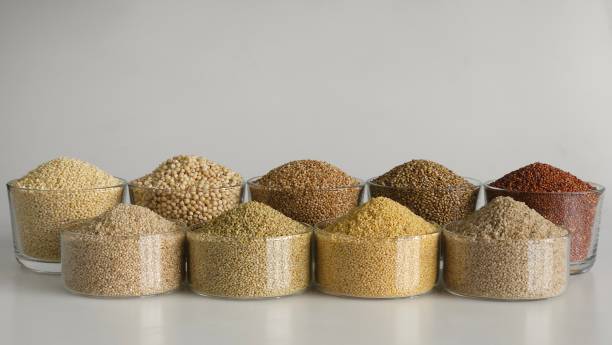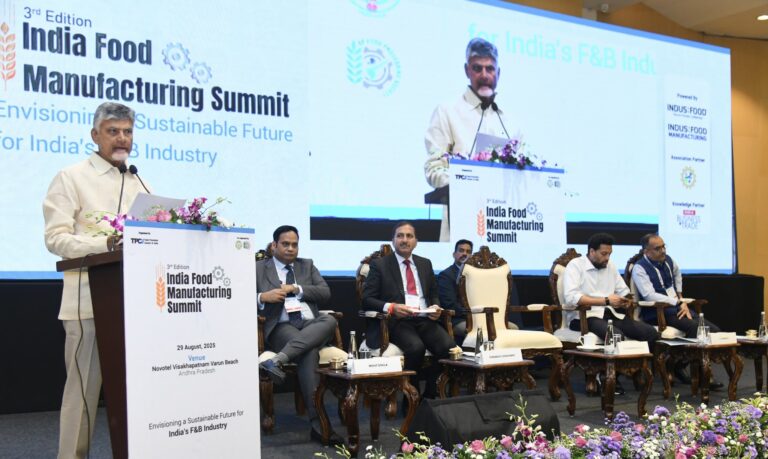
The Halal Economy is Booming Worldwide! Once focused mainly on meat and religious compliance, it now encompasses finance, cosmetics, pharmaceuticals, and travel. Today, the halal economy is bigger, more complex, and more surprising than ever. It is not just limited to Southeast Asia, but is flourishing Worldwide! The halal food market is massive and expanding fast – valued at USD 2.5–2.7 trillion in 2024, with projected growth to nearly USD 6 trillion by 2033, at a CAGR around 9%.

The Appeal Of Halal Food Crosses Religious Boundaries
This surge is fueled by rising Muslim populations, urbanization, and increased disposable income, as well as growing awareness of ethical and hygienic food production worldwide. Halal is expanding far beyond traditional meat products. Consumers are seeking ready-to-eat meals, packaged snacks, juices, and vegan options. Halal appeal is extending beyond Muslim consumers. Non-Muslims are drawn by the perception of better quality, hygiene, and ethical sourcing. They are trusting and choosing halal-certified foods because they associate it with stricter standards. It has become a leading trend!
The Race Line-Up:
- Southeast Asia has been a pioneer in setting the standards. Countries like Malaysia and Indonesia have set rigorous halal standards. They also invest heavily in marketing their halal products globally, making the region a reference point for international halal compliance.
- Middle East countries are pushing to be the world’s halal hub, tying to expand both, trade and tourism. The UAE, Saudi Arabia, and Qatar are investing in halal tourism, international trade fairs, and certification programs.
- Now, surprisingly, India and Africa are entering the picture.
India is scaling fast. And Africa, with young populations and fast-growing consumer markets, may be the next frontier.
Why Certification Matters?

It’s not just about religious compliance but also about building brand trust and enabling international expansion. It’s about building a strong foundation and leading with trust. Building a strong community and establishing authenticity. In India, halal certification began with meat in the 1970s and now includes numerous products—from packaged goods to corporate brands. India exported USD 4.4 billion in halal meat in 2024.
Who Will Define the Future of Halal Food?
Vegan halal. Plant-based meats, dairy alternatives, and snacks are now halal-certified, appealing to climate-conscious youth and the global flexitarian market. Imagine a world where your “halal burger” is made of soy but carries the same certification as lamb.
The halal food race isn’t just about geography – it’s about who will define the standards of the future. And that makes it one of the most fascinating food stories of our time. Halal is no longer niche – it’s a mainstream lifestyle choice.
Know more at The World Times.



